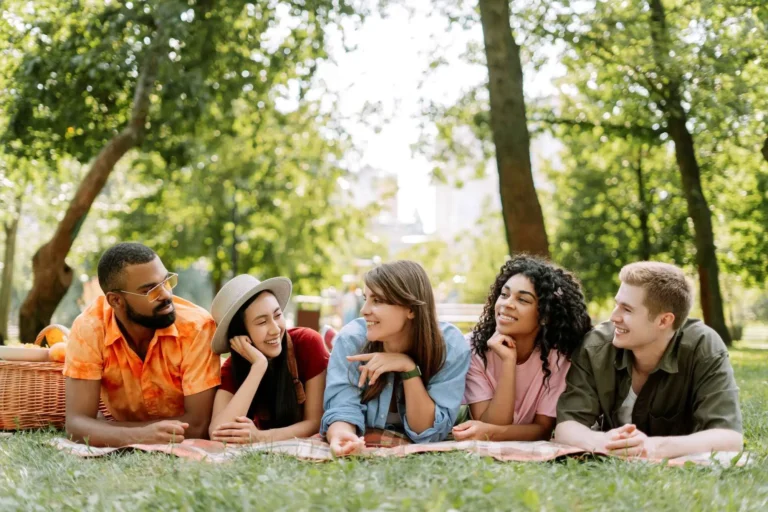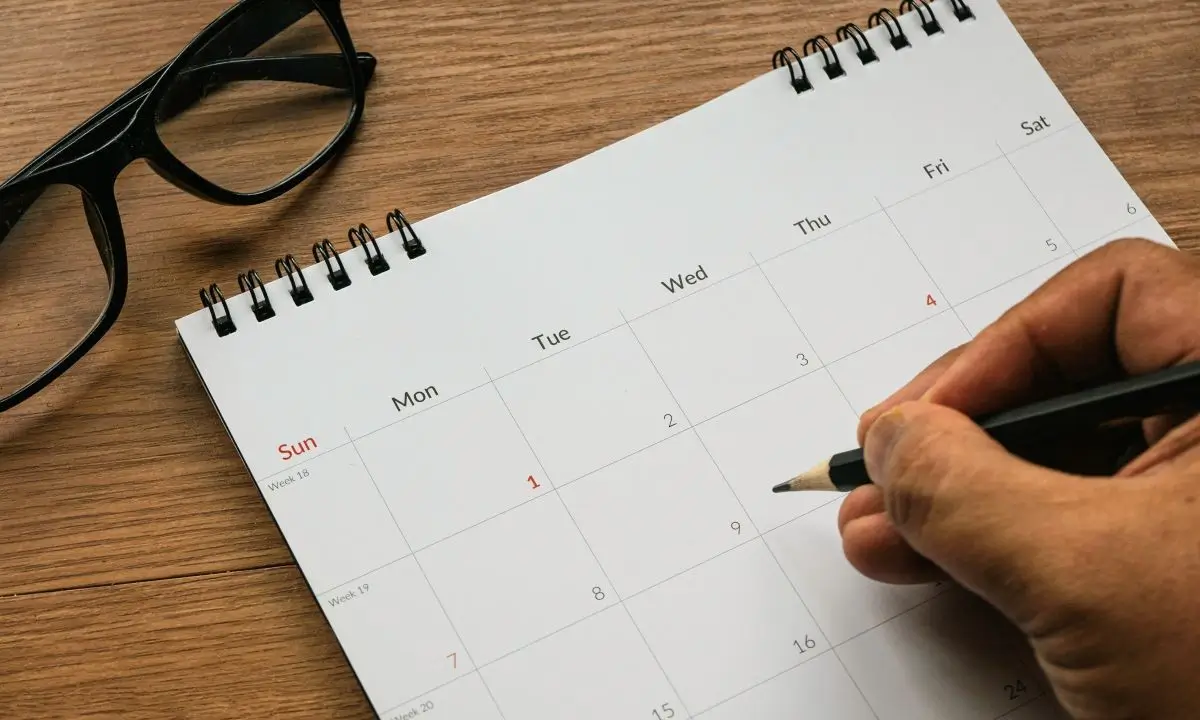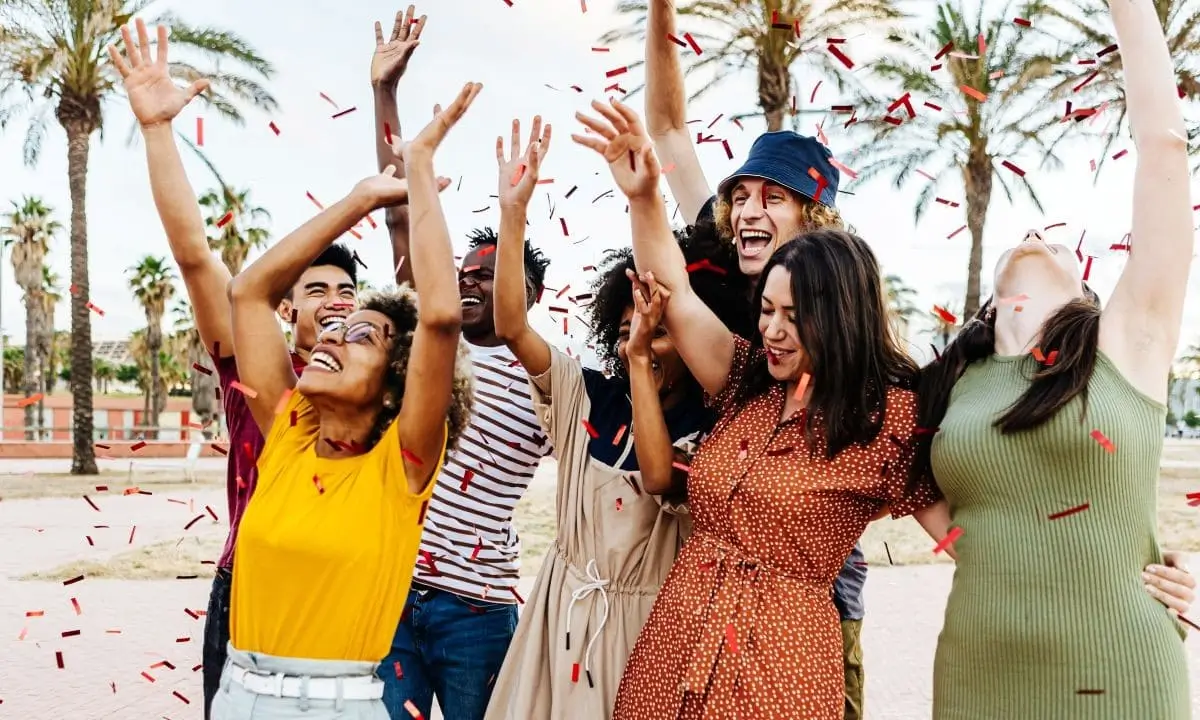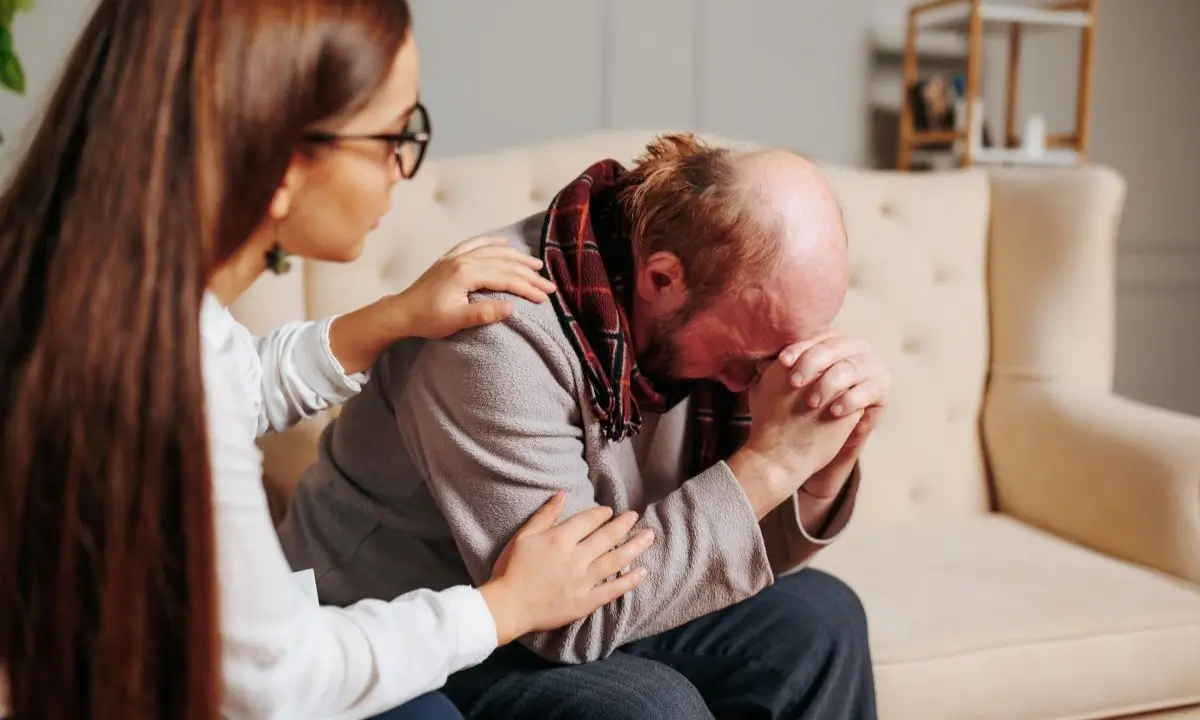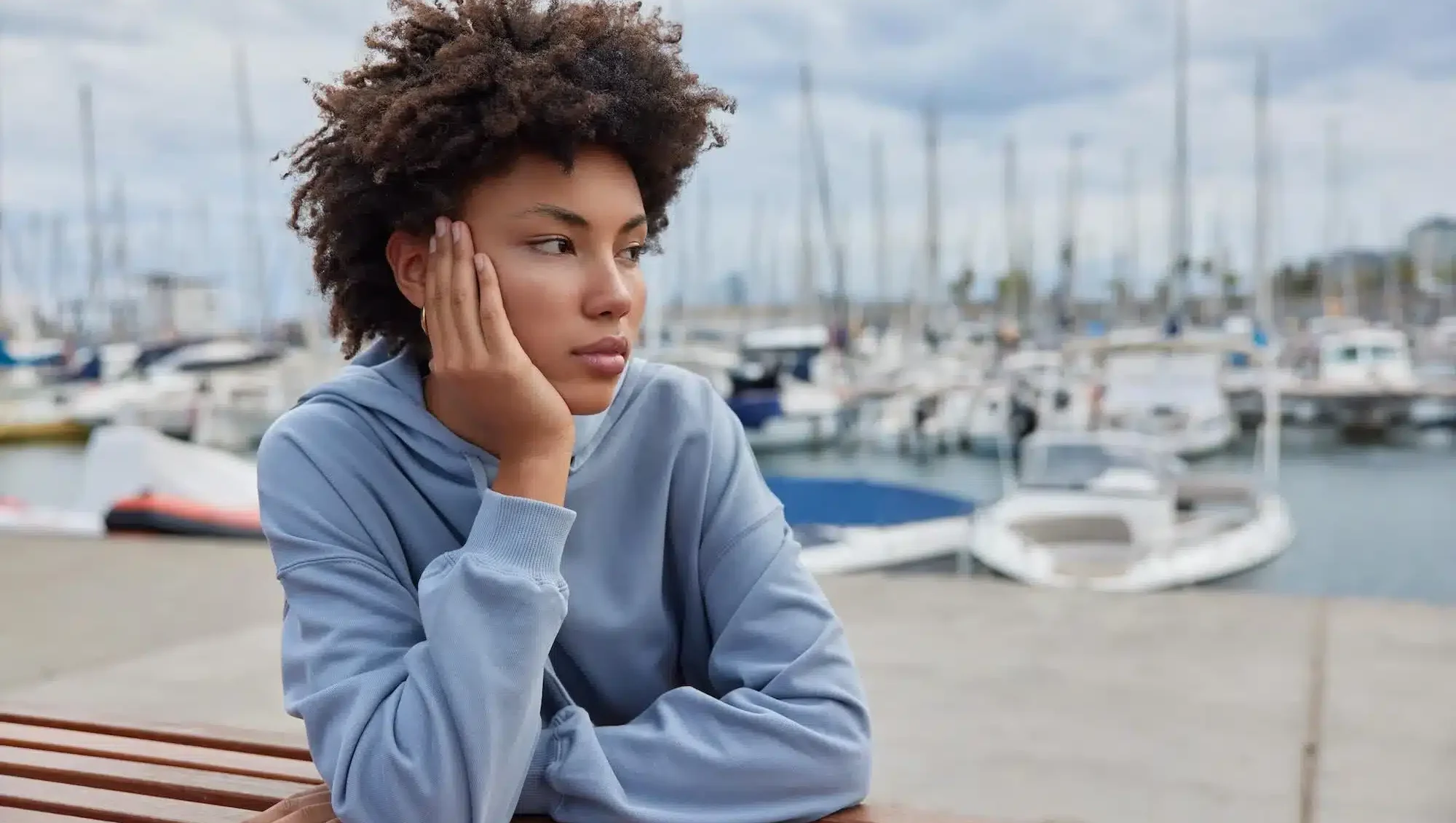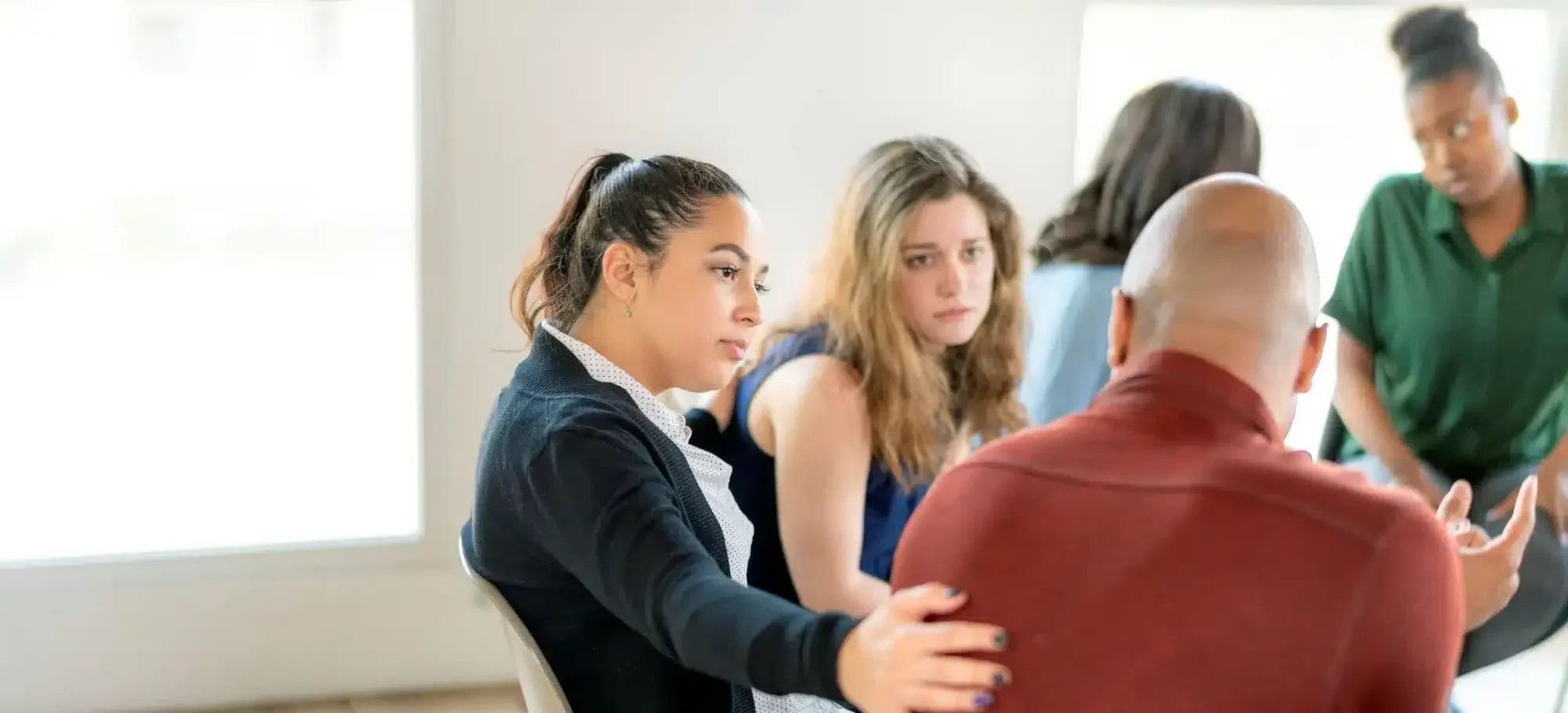Attending your first social event after choosing sobriety can feel overwhelming. You might wonder how to respond when someone offers you a drink or how to fit in when others are drinking and you’re not.
These feelings are completely normal when adjusting to a substance-free lifestyle after completing your treatment program or starting recovery. Navigating social situations is a new skill, but with the right tools, you can stay on track and protect your progress even in challenging settings.
Peer Pressure and Addiction: How to Build Social Wellness
Social wellness means surrounding yourself with people who lift you up; it’s a part of relapse prevention. Gatherings that involve substances when you’re in recovery can be tricky, especially if those around you aren’t understanding of your sobriety.
Why Social Settings Can Be Challenging
Social gatherings can be challenging when you’re in recovery, for several reasons:
- Seeing alcohol everywhere triggers your brain’s old patterns
- You relied on substances to feel relaxed around people before
- Everyone else seems fine, while you feel anxious and out of place
- You think people will judge you or find you boring when not intoxicated
Types of Peer Pressure in Addiction Recovery
Pressure to use again can come in different forms. Each type can influence your sobriety, either positively or negatively.
Direct vs. Indirect
- Direct: “Come on, just one drink won’t hurt.”
- Indirect: Being the only sober person while everyone parties around you
Positive vs. Negative
- Positive: Friends who cheer for your sobriety and encourage you to keep it up
- Negative: People who guilt you or act like you’re ruining the “party mood”
Verbal vs. Internal
- Verbal: Comments about why you’re not drinking or jokes about your sobriety
- Internal: Your own thoughts telling you to just give in and fit in
5 Tips to Help You Stay Sober and Confident at Social Events
After choosing sobriety and working to get clean, it can be daunting to potentially risk any progress. These practical steps can help you stay prepared and lower the chance of relapse at a social event.
1. Plan Ahead With Wellness in Mind
Don’t walk into parties unprepared. These steps can help:
- Choose events where you know you’ll feel safe
- Set a time limit before you leave (you can start small)
- Have your own car or a guaranteed safe ride home
- Bring a sober buddy who gets what you’re going through
2. Communicate Clearly
Practice responses in advance so you feel more prepared:
- “I don’t drink.” (short and honest)
- “I’m driving.” (gives people a reason they understand)
- “No, thanks.” (lets you change the subject)
- Stay friendly, but don’t negotiate your choice
3. Maintain a Strong Support System
A supportive network makes it easier to stay sober. Strengthen your recovery by:
- Hang out more with people who support your goals
- Distance yourself from friends who pressure you to use
- Make new friends through recovery meetings or hobbies
- Ask for help when you need it
4. Bring Your Own Drinks or Activities
When you’re in recovery, it can feel like many things are outside your control. At parties, focus on what you can control:
- Always have or bring a non-alcoholic beverage so you know it’s safe
- Suggest activities that don’t center around drinking or using
- Volunteer to be the designated driver
- Keep your hands busy with gum, your phone, or your keys
5. Celebrate Your Progress
Remind yourself why you chose recovery, especially when temptation feels strong. Celebrate how far you’ve come by:
- Think about the improvements in your life since getting sober
- Use social events to practice your new skills
- Notice how clear your thinking is now
- Share your growth with loved ones
Connect With a Social Life That Supports Your Recovery
Improving your social health stems from genuine connection. Recovery allows you to engage openly and healthily because your brain is less focused on your next “high.” To maintain healthy relationships in social settings, you can:
- Go to events that don’t revolve around alcohol or drugs. Coffee shop trivia, hiking groups, concerts, and community sports groups can all be fun.
- Join groups based on your interests. Photography clubs, cooking classes, and volunteer work create common ground for easy conversation.
- Have real conversations with people. Ask about their job or weekend plans. Active listening goes a long way in building relationships.
- Try activities you avoided before. With recovery comes holistic healing, giving you more energy. Let this fuel new experiences that don’t involve substances.
What If I Slip? Strengthening Relapse Prevention
A slip doesn’t erase your progress. If you find yourself drinking or using again, don’t lose hope. Instead:
- Call someone you trust immediately
- Talk to your sponsor about what happened
- Join a detox program to get you back on track safely
- Get back to your routine as soon as possible
- Use the experience to learn what triggers you
Repair and Renew Your Relationships in Sobriety
Social events become easier with practice. It’s natural to feel nervous or uncertain at first. By using practical strategies, you can enjoy social connections without relying on substances.
Strengthening your relationships and building new communication skills will help you protect your sobriety and create a fulfilling life in recovery.
